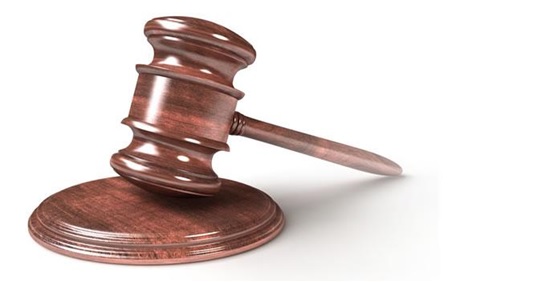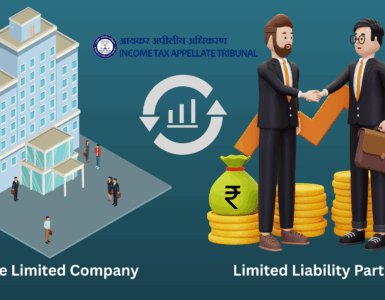Facts of the Case
The appellant-assesse, is a private limited company running a super specialty hospital in Thrissur, Kerala. The said Company has 7 shareholders all belonging to the same family. Earlier a partnership firm was formed among 5 out of the 7 shareholders of the Company holding majority stake in the said Company with the same objective as that of the Company. In order to overcome certain shortcomings in pursuit of achievement of the said object, a Company was incorporated on 30.12.1988.
Thereafter, an agreement was entered into between the firm and the company by which it was agreed that the firm will complete the construction of the building and hand over
possession of the same on completion, on the condition that the entire cost of construction of the building should be borne by the company.
The one-time building tax payable by the owner of a building under the Kerala Building Tax Act was also paid by the company.
However, the ownership of the land on which the building was constructed remained with the firm. To provide for the contingency the land was given on lease to company by the firm, wherein the Company shall be liable to pay the firm a ground rent of Rs. 100/- per month beginning 1st of April 1993 pursuant to an agreement entered between the company and the firm on 01.02.1989.
During its first assessment year being 1992-93, the appellant company filed its return. In which the assesse claimed depreciation on the building part under Section 32 of the Income Tax Act.
But the Assessing Officer, after construing the provisions of the agreement entered between the Company and the Firm concluded that the appellant-assesse had not become the owner of the property in question i.e. the hospital building in the relevant assessment year and, therefore, rejected the claim of depreciation over the property in question.
Commissioner of Income tax upheld the findings of the Assessing Officer.
Whereas Income Tax Appellate Tribunal reversed orders of Commissioner of Income tax and the Assessing Officer.
High court has resorted the view taken by the Assessing Officer and the Commissioner of Income tax while deciding on the appeal.
Aggrieved Assesse has filed an appeal to the Supreme Court.
Question
Whether depreciation w.r.t. a certain property can be claimed by persons other than the owner of the said property?
Contention of High Court
Hospital Building admittedly an immovable property, constructed by the firm belonged to the firm.
Since the Hospital building is an immovable property the title of such a property whose value exceeds Rs.100/- cannot be passed unless executed on a stamp paper of the appropriate value and duly registered with the sub-registrar.
In absence of these requisites, the assesse cannot be identified as the owner of the property.
Decision
- While presiding over the matter the Supreme Court reiterated the contentions of the High Court.
- The Counsel appearing on behalf of the appellant argued that by virtue of clause in the agreement between the firm and the Company, the Company is the lessee of the property i.e. the hospital building. And as stipulated under explanation to Section 32 of the Income Tax Act, which provides for claiming of depreciation on building in case a person holds lease or other occupancy rights on the said building and has incurred any capital expenditure on the construction of the building.
- The Supreme Court clarified that even though the Company reimbursed the expenses of construction of the hospital building, the construction was carried out by the firm. The construction was not carried out by the assesse himself.
- Hence the claim for depreciation on the hospital building was disallowed.
Courts: Supreme Court of India Date of Judgement/Order: 8th March 2017




